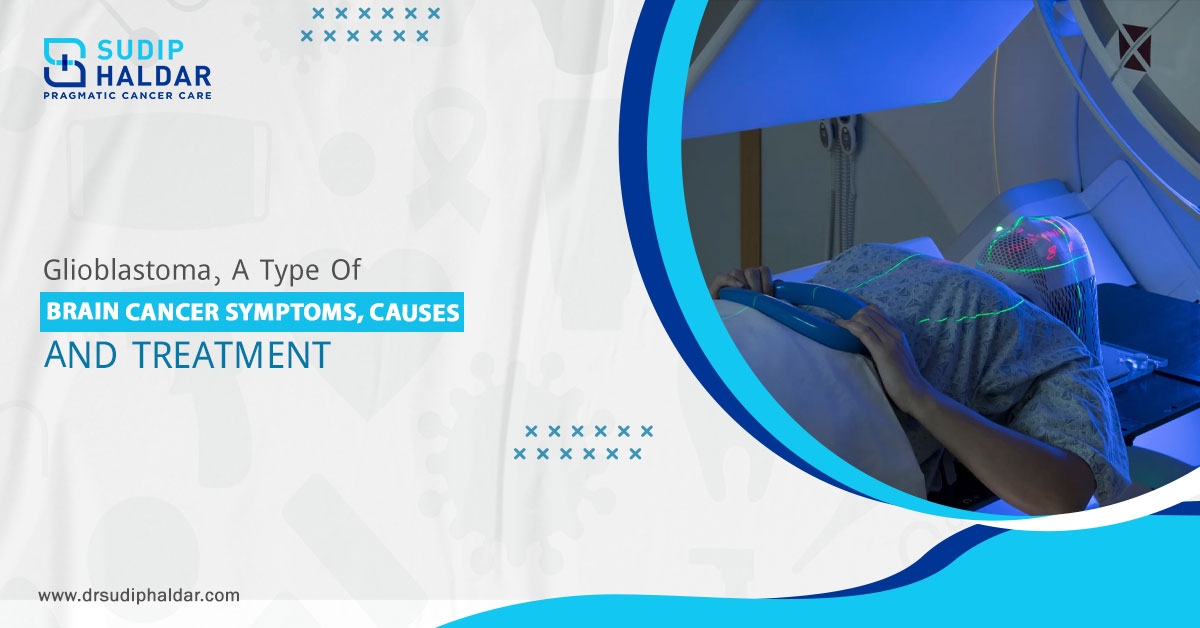As the name implies, urological cancers are cancers of the urinary system. There’s no doubt that early diagnosis and patient-centric care are vital to treatment outcomes. But the problem is not every type of urological cancer causes symptoms in the early stage. Therefore, early detection becomes challenging when the disease is most treatable.
If you have unusual symptoms or any ongoing discomfort, see your healthcare provider as soon as possible. Based on symptoms, a physical examination, and recommended tests, your primary doctor or urologist may refer you to further medical specialists, such as cancer doctors. You might consult the top cancer doctor in Siliguri for comprehensive support.
Urological cancers are a group of cancers that include the kidneys, bladder, prostate, ureter, and other related organs. Early detection of diseases through regular screenings can greatly improve outcomes. In this blog, we’lllearn about the types of urological cancers, their symptoms, the importance of regular screenings, etc. Have a read.
Types of Urological Cancers – Let’s Explore
Here are the most common types:
- Prostate Cancer
Prostate cancer is the leading cancer in men, especiallymen over the age of 50. This malignancy takes placein the prostate gland, which is part of the male reproductive system. Cancerous growth in the prostate gland can grow slowly, and remain localized, or can be aggressive and spread to other parts of the body.
- Bladder Cancer
Bladder cancer takes place in the tissue of the bladder and is more common in older adults.Smoking, being male, exposure to certain chemicals, family history, and chronic bladder inflammation are the most common risk factors here. You may see the best cancer doctor in Siliguri for effective bladder cancer treatment.
- Kidney Cancer/ Renal Cancer
Kidney cancer typically begins in the lining of the kidney tubules and the most common type includes renal cell carcinoma.The risk is higher in older adults but smoking, obesity, high blood pressure, family history, and some inherited conditions can make one likely to get kidney cancer at any age.
- Testicular Cancer
This urological cancer affects the testicles and is more commonly seen in younger men, those aged 15 to 45. Testicular cancer is highly treatable when caught early, and the risk factors include family history, and having undescended testicles.
- Penile Cancer
Though a rare type of urological cancer, penile cancer affects the skin and tissues of the penis. Squamous cell carcinoma is the most frequent type of penile cancer and the risk factors include poor hygiene, HPV infection, and smoking.
Knowing the Symptoms of Urological Cancer
Let’s understand the common symptoms of urological cancers. Symptoms of urological cancers can vary widely, including:
- Difficulty urinating
- Having a weak urine flow
- Pain in the pelvic area or lower back that doesn’t improve
- Ongoing and severe erectile dysfunction
- Bloody urine or semen
- Frequent urination
- Urgent need to urinate at night more frequently
- Pain or burning while urinating
- Having ongoing lower back pain
- Ongoing back pain, usually below the ribs
- Unusual weight loss
- Persistent itching or irritation
- Unusual tiredness and ongoing fatigue
- A lump, mass, or swelling in one or both testicles
- A feeling of pain in the testes
- A sense of heaviness in the scrotum
- A dull pain felt in the lower belly
- Pain in the groin
- A growth or sore on the penis that doesn’timprove with time
- Foul-smelling discharge and urine
- Changes in skin color or texture
Regular Screenings and Early Detection
Regular screenings are vital to the early detection of urological cancers when they are most treatable. If you think you’re at high risk or your doctor suggests routine screening for a type of urological cancer, don’t delay or ignore it.
Your cancer specialist or medical doctor may advise Prostate-specific antigen (PSA) tests, urine tests, urine cytology, imaging tests,and biopsy. Screenings helpdetect abnormalities that may be a sign of cancer.
Early detection of a disease can give the best possible treatment outcomes in terms of success rate and better quality of life. You can consult the best tumor doctor or cancer surgeon in Siliguri.





